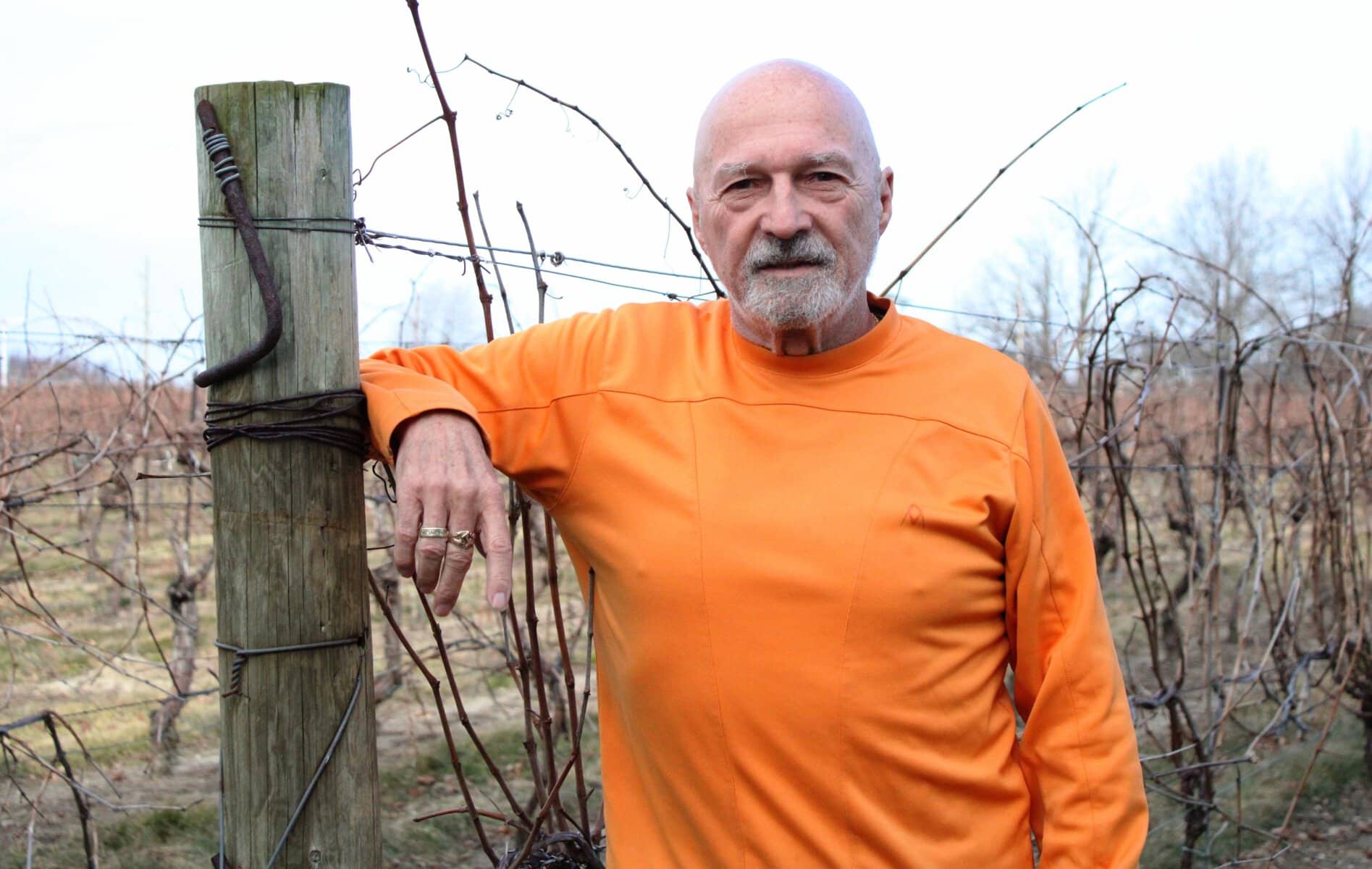Two members involved in Niagara’s wine industry feel that creating a national standard will help promote Canadian vintages internationally and help winemakers and grape growers deal with crop failures – such as one vintners are experiencing right now in British Columbia.
Both Donald Ziraldo, who helped create what became the Vintners Quality Alliance of Ontario, and Ontario Grape Growers chief executive Debbie Zimmerman say it’s time it became a national organization dedicated to the promotion of wines from every appellation in Canada – whether they’re in Niagara, B.C., Quebec or elsewhere.
Ziraldo is co-founder of the Inniskillin winery, helped create the concept of VQA wines and was the founding chair of the alliance when it was established in 1988.
“When I first built the concept, the logo was VQA Canada,” Ziraldo said. “But it was politics. The government of Ontario at the time was insisting it be in Ontario. I think that trademark is still sitting there.”
Ziraldo, who co-founded Inniskillin in the mid-1970s, founded a second winery – Ziraldo Wines – after leaving Inniskillin upon its sale to Constellation Brands in 2006.
Having a national organization to ensure wine quality would help promote Canadian wines on the international stage, he said.
“It will help get (Canadian wines) into the European market,” Ziraldo said. “They follow the same rules where hybrids are not allowed.”
For instance, he said there are wines labelled as Ontario wine that utilize upwards of 75 per cent imported juice from grapes.
“Most people don’t know that,” he said.
He said that Niagara – home to the tourist draw that is Niagara Falls – has an advantage over other wine regions in Canada.
“Everyone in the world knows Niagara Falls,” Ziraldo said. “It benefits the wineries.”
Zimmerman, meanwhile, fully supports such a change, saying that it would mean growers across the country could help each other out when disasters such as crop failures happen.
Highlighting the current failure of winery crops in B.C. caused by a mid-January cold snap on the West Coast, she said having national standards means Ontario growers could supply juice made from Ontario grapes to winemakers in B.C. and the end product would still be classified as a VQA wine.
Currently, Ontario and B.C. are separate appellations of origin in the program.
Making it Canada-wide would help the industry and be welcomed by consumers in this country, she said.
“Canadians generally like to know the products are grown in their home country,” she said.
Zimmerman said she knows the pain B.C. growers are currently experiencing.
“We’ve had a lot of damage in our growing area (before),” she said, referring to crops in 2003 and 2005 that were negatively affected by extreme weather across Canada.
In 2005, for example, the crop was just 45,802 metric tonnes, Statistics Canada said in a report at that time.
That was down from 70,872 tonnes just three years earlier in 2002 and what was then a record high.
It happened again in 2022, she said, when “complete blocks” of that year’s harvest were also lost.
Statistics from the Wine Growers Ontario indicate that the 2022 crop was 46,056 tonnes in Ontario alone, valued at $62.4 million.
While initial estimates from the BC Wine Grape Council indicate that 54 per cent of the grape harvest has been lost, Zimmerman said that it’s actually far more.
“In B.C. for 2024, they are still assessing (the damage),” Zimmerman said. “They may have lost all their crops.”
In the latest report from Wines of British Columbia, it is estimated that January’s cold snap will mean a 97 to 99 per cent decrease in the production of B.C. grapes and wine this year.
Ross Wise, chair of the BC Wine Grape Council, said the growers will need a lot of help after a summer filled with wildfires and a winter deep freeze in January left growers reeling.
“The challenges facing grape growers and winemakers today are unlike anything we have experienced in the past,” he said in a statement issued by the organization.
“Climate change disasters along with increased incidence of virus and disease pressure are threatening the economic viability of our industry and we need funding in order to combat these major issues,” he added.
The crop loss could mean a loss of 321 vineyard and winery jobs, $133 million in lost revenue and $100 million in lost tax revenue.
In a report, the B.C. group said that between 3,814 and 7,492 acres need to be replanted at an average cost per acre of $42,360.
The group also said that the estimated costs associated with the replant will range from $162 million to $317 million, depending on the total acreage needing to be replanted.
Zimmerman, meanwhile, said Ontario growers are ready to assist in whatever way they can.
“We always reach out to colleagues who are having these issues to see how we can help,” she said.











